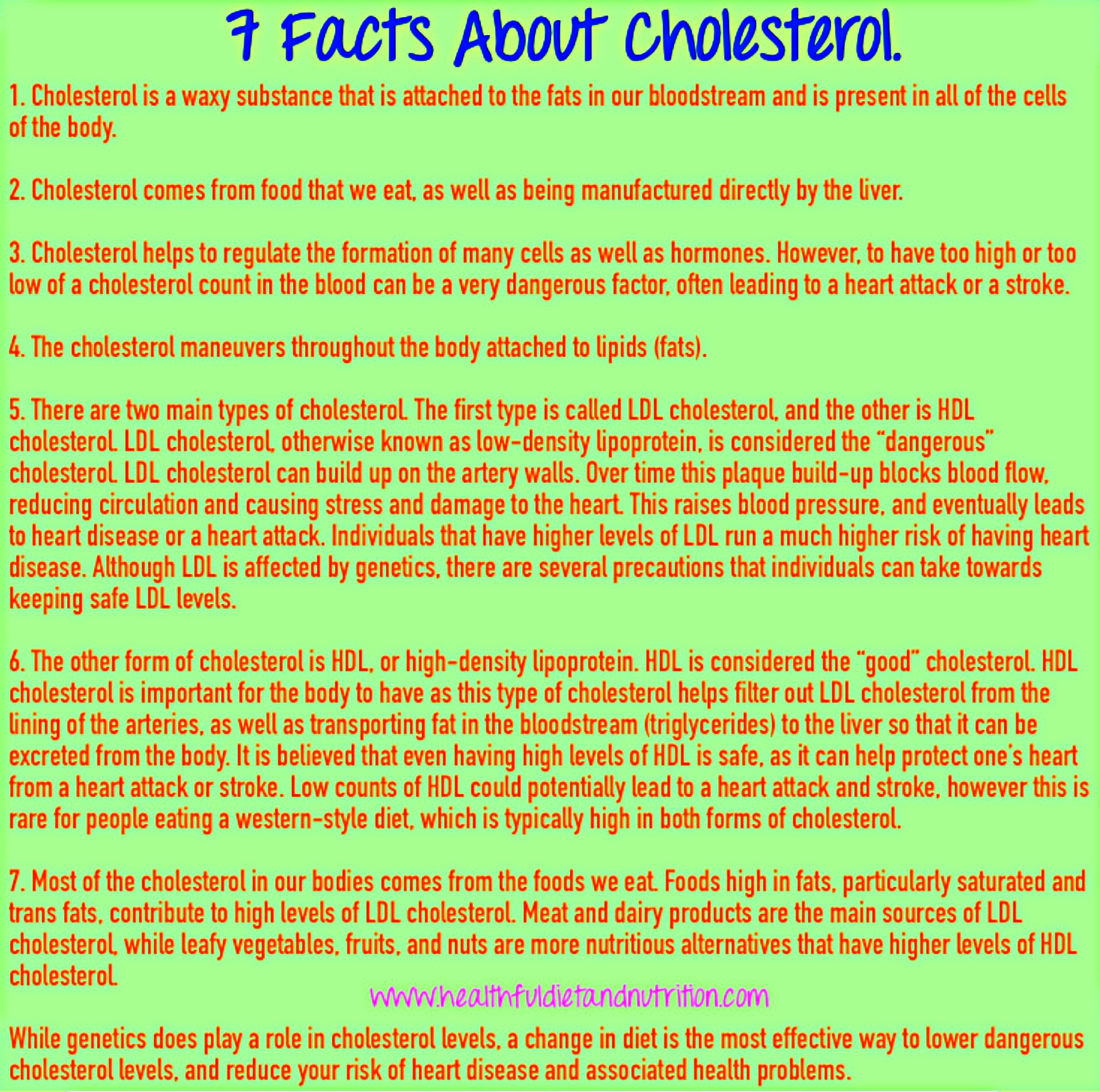(148/294.) Facts About Cholesterol
(▶️Play the video Below👇 – 1min 41secs)

⭐️Related Tip👇
Click “NEXT” Below For More:
![]()



“MyHealthfulDiet” website provides the information you need to maintain Good Health and Prevent Diseases.
Can you relate to the daily struggle of trying to maintain a Healthy Lifestyle?, if so, you’re at the right place. We provide the knowledge you need to Stay Healthy.
Don’t Miss Our Weekly Updates.
Join Our Mailing List Today!
We Will Keep You Updated With Our Free Weekly Tips. We Won’t Spam Your Inbox. You Can Unsubscribe Anytime.
Enter Name, Email and Country Below:
Don’t Miss Our Weekly Updates. Join Our Mailing List Below:

